NAVAJEEVAN BALA BHAVAN
Formal Education
Education is a fundamental right that serves as a cornerstone for individual growth, societal progress, and the development of a nation. In the diverse and culturally rich states of Andhra Pradesh and Telangana, the importance of formal education takes on added significance in the context of rehabilitating and empowering marginalized children, including former street/runaway children, those affected by HIV, working children, and particularly girls. The formal education initiative in these states has a specific objective: to ensure access to education for children facing multiple challenges as part of their rehabilitation process.
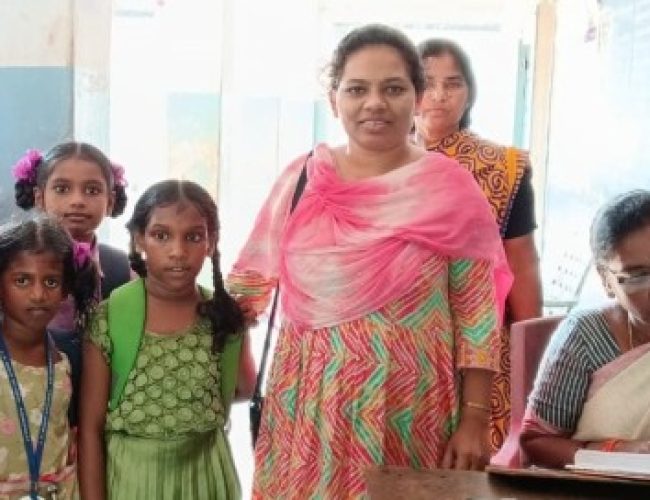
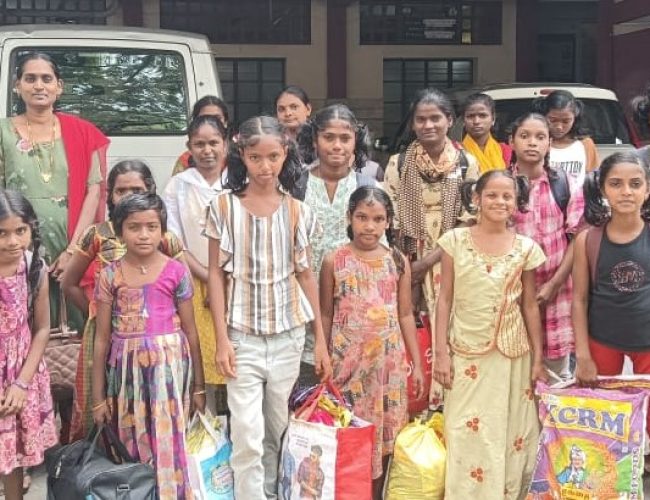
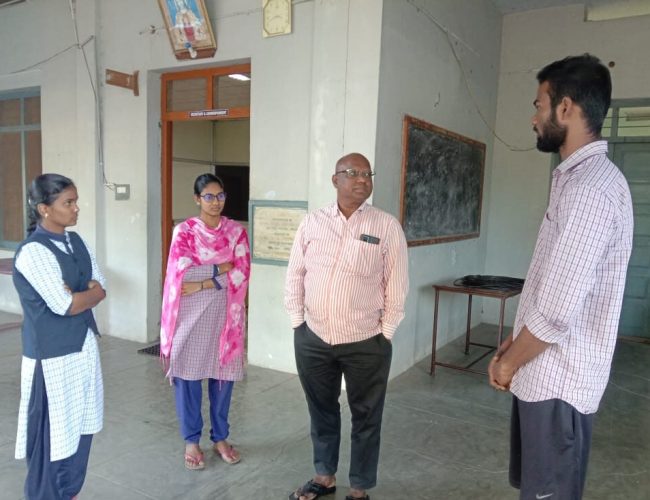
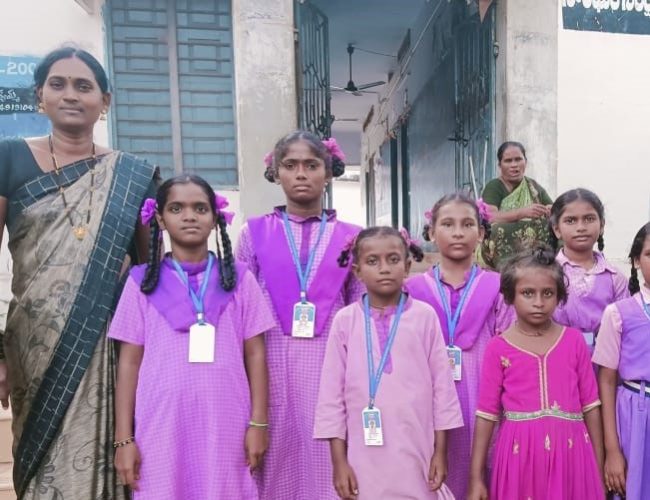
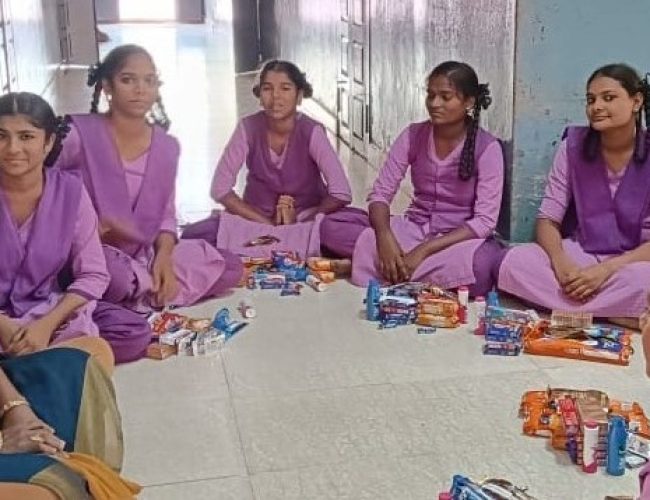
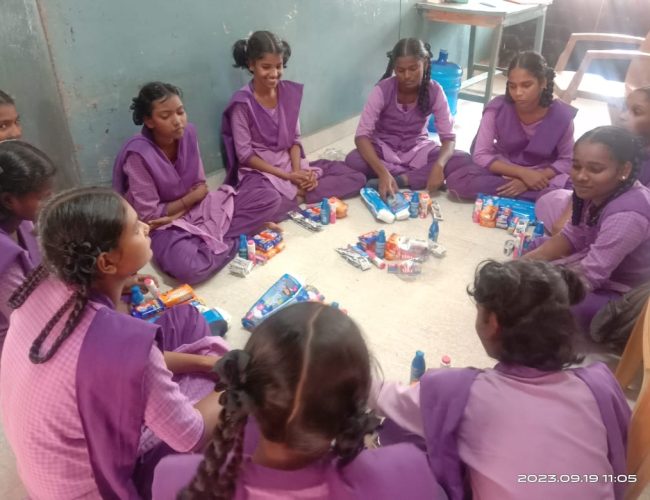
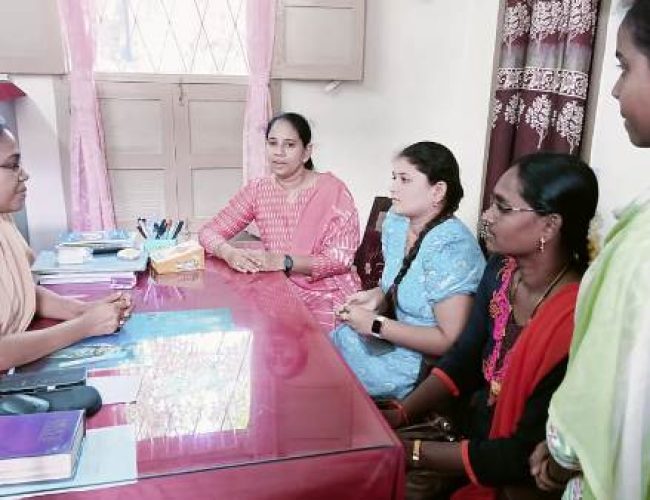
Navajeevan also follows up on and monitors school/college-going children from the most marginalized communities who reside in various governments social welfare hostels and attend local schools/colleges. When a child cannot be integrated with their family due to various reasons, he/she is taken care of by the formal education department. This department operates from Yuva Bhavan, the headquarters of the Navajeevan Bala Bhavan Society, ensuring quality education for street and marginalized children.
Objectives:
The primary objective of the formal education initiative is to break the cycle of poverty and vulnerability by ensuring that children from marginalized communities, especially orphans, semi-orphans, those from broken families, and differently-abled children, receive a quality education. This initiative recognizes education as a powerful tool for social transformation and aims to uplift the most vulnerable segments of society.
Operational Area::
The operational area currently spans six districts in Andhra Pradesh and Telangana, namely NTR District, Krishna District, Prakasam District, Eluru District, Chittoor District, and Guntur District, encompassing a total of 13 areas.
1. Admissions and New Joining: Navajeevan identifies suitable schools or colleges for the children, considering various factors, and manages the admissions and new enrollments. This process ensures that both existing and new students are seamlessly integrated into educational institutions.
2.Education Follow-Up (Periodic Visits): Recognizing the challenges children face in adapting to the school environment, Navajeevan’s staff members accompany them to school for the initial twenty days to provide moral support. They also liaise with teachers to monitor the child’s progress and behavior, focusing on their educational development.
3. Providing Education Tools and Essentials: Navajeevan ensures that students have access to necessary educational materials, monthly supplies, pocket money, and clothing. Additionally, the department oversees the acquisition and maintenance of essential life documents required for school enrollment and hostel accommodation.
4. Regular Follow-Ups and Barefoot Counseling: Dedicated barefoot counselors engage with school and college-going students, providing counseling and support when they encounter academic difficulties or emotional challenges. By collaborating with teachers and understanding each child’s unique circumstances, counselors help them overcome obstacles and stay motivated in their studies.
5. Health Follow-Ups: The department prioritizes the health and well-being of students by regularly monitoring their health status. Infirmary staff oversee health check-ups and facilitate visits to local Primary Health Care (PHC) facilities for necessary medical attention. Special attention is given to students with health concerns such as low hemoglobin levels, with provision for nutritional support, dental treatments, and surgeries as needed.
6.Recreational Activities: Recognizing the importance of holistic development, Navajeevan organizes recreational outings and activities for children to unwind and enjoy leisure time. These activities include short picnics, visits to nearby attractions, movie outings, and trips to parks, fostering a balanced and enriching educational experience.
Through these comprehensive services, Navajeevan’s formal education department ensures that marginalized children not only have access to education but also receive the necessary support to thrive academically, emotionally, and physically.



